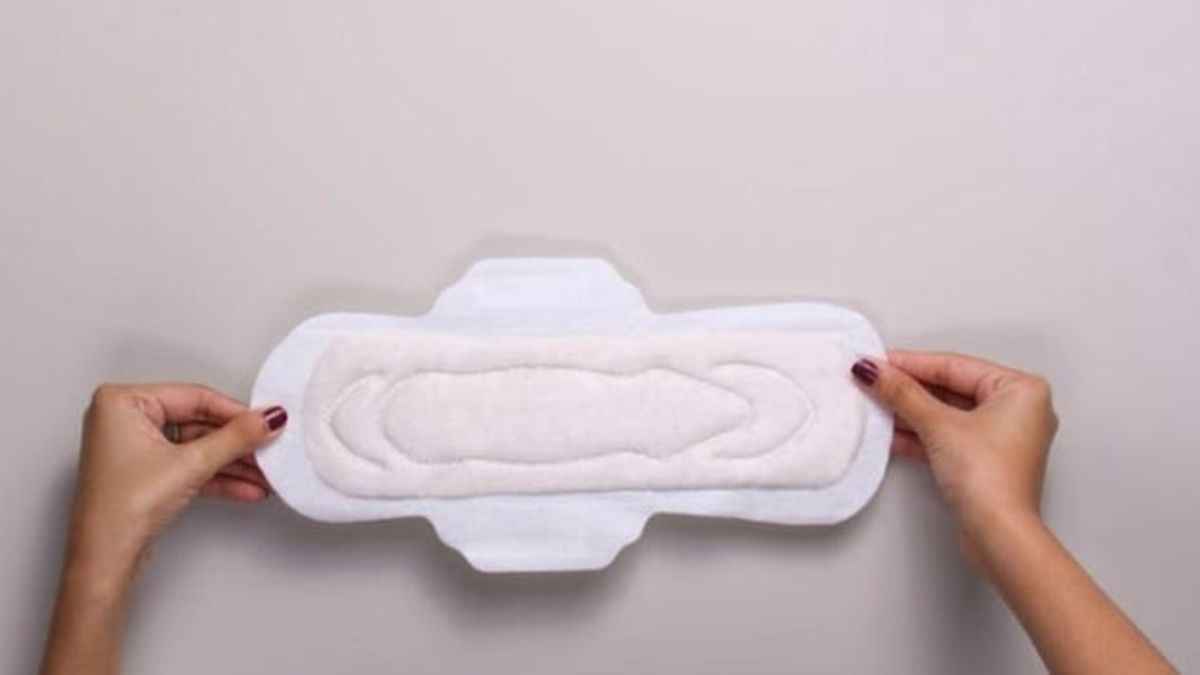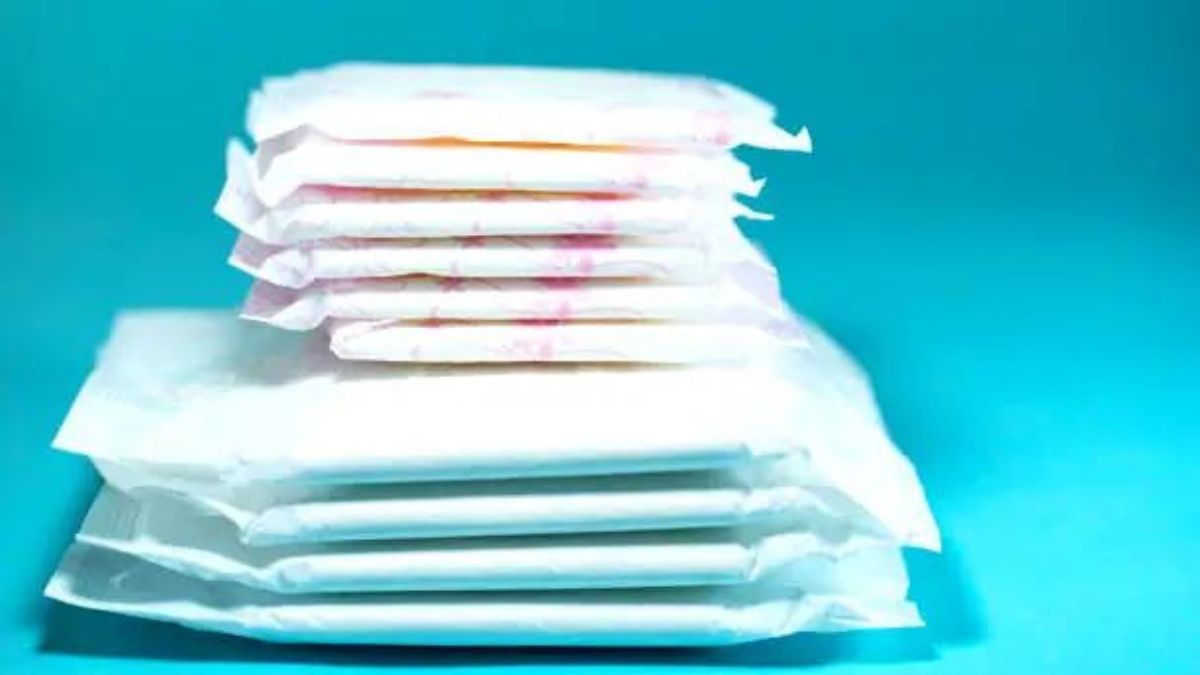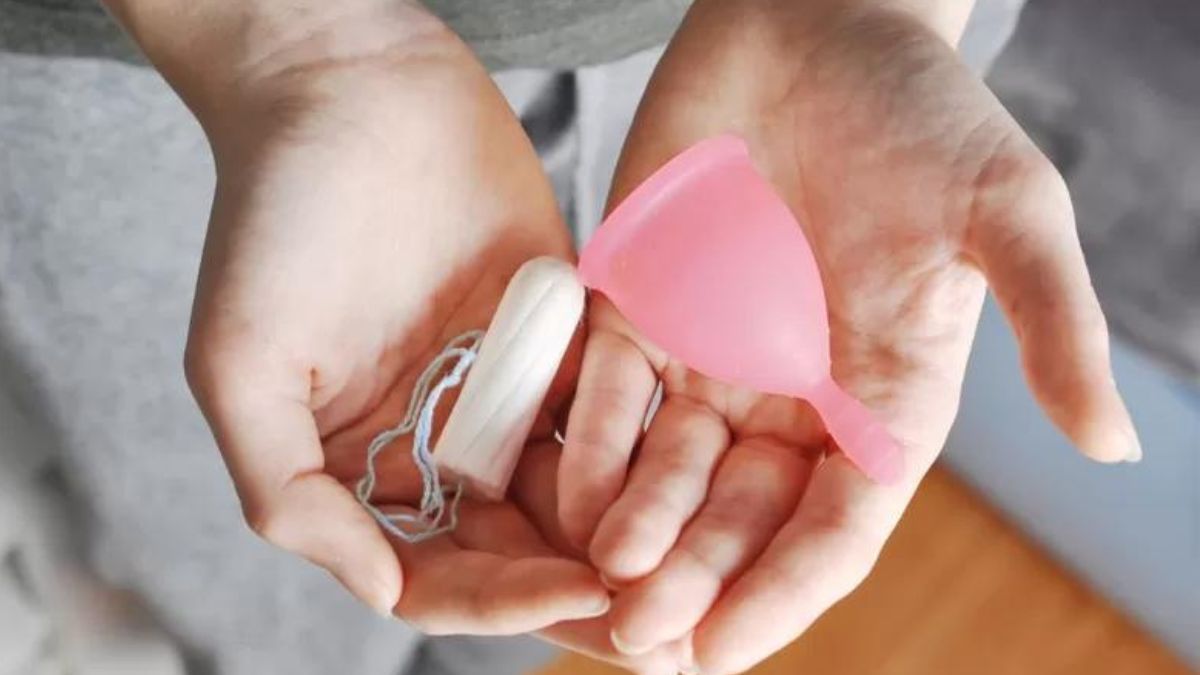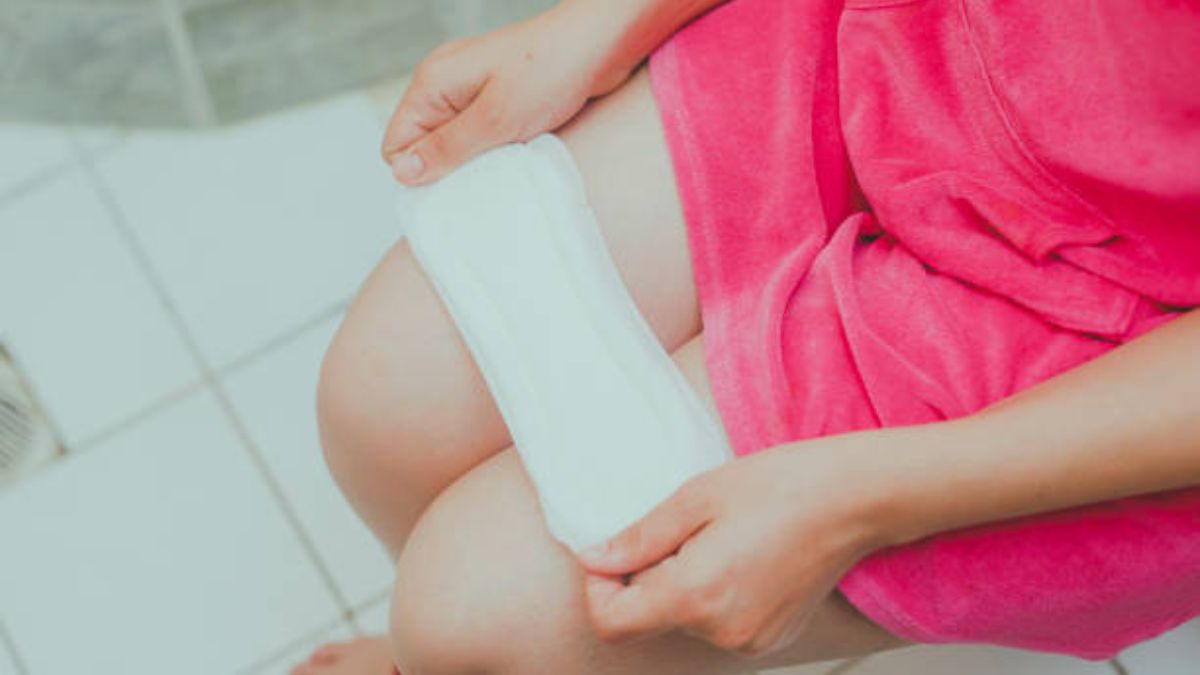Menstruation is an important part of life to every woman. A large number of women use sanitary pads During their Menstrual cycle.But The Question Is :- Are Sanitary pads sold in the market safe for women? Does the use of pads increase the risk to a woman’s life? Well, In a survey It Doesn’t Show that sanitary pads are safe For women.

In a survey conducted by a non-governmental organization (NGO) in Delhi, It is found that large sanitary pads sold in India contain high levels of chemicals which can cause heart disease, diabetes and cancer. A study by the NGO reveals that a toxic link between phthalates and other volatile organic compounds (VOCs) is used in a total of 10 sanitary napkin samples. This includes samples of 6 commercially available inorganics (containing plastic) and 4 organics (containing no plastic) pads. The results were published in a report called Menstrual Waste 2022.

Phthalate exposure has been linked to a variety of health problems, including heart disease, diabetes, certain cancers, and birth defects.
VOCs(Volatile organic compounds are those that have high vapour pressure and low water solubility) can cause brain disease, asthma, disability, and some types of cancer. Studies have shown high levels of phthalates in all types of pads, both organic and inorganic. Sanitary Pads are tested for DIPB (diisopropyl benzene), DBP(Di-n-butyl Phthalate), DINP(Diisononyl phthalate), DIDP(Di-isodecyl phthalate) and other phthalates. High concentrations of chemicals mean that the health of the women who use them can be seriously damaged.
How do women avoid menstrual pads?

The study also says it was surprising to find high levels of volatile organic compounds in even all organic pad samples. organic pads were previously considered safer. Research has shown that women should use safe products during their period so they can go about their daily activities without physical interference. Currently, disposable pads are the most popular all over the world.
What should Women Use Instead of these Chemical Pads?
Sanitary pads also carry a bad environmental impact, so, it’s time to switch to organic menstrual products. Only a third of women use other alternatives such as menstrual cups, reusable cloth pads or tampons. The menstrual cup is made of medical-grade silicone and is safe to use. It is soft and reusable and can be inserted into the vagina. Cups must be completely emptied, washed thoroughly and dried before use. Women should change the cup after every 6 hours. Otherwise, the infection may occur. Cloth pads can also be used which are degradable also.
A few precautions for menstruating women

1. Maintain good hand hygiene before and after using pads or other hygiene products 2. It is important to change pads every Three- four hours and menstrual cups once a day 3. Avoid scented or heavily chemically treated pads 4. To clean the intimate area, use only gentle organic products and do not overdo them.









